By laying the foundations for a rapid, fair and just transition, the COP28 Agreement is seen as signaling the “beginning of the end” of the fossil fuel era.
Banging the gavel to close the conference, COP28 President Sultan Al Jaber described the agreement as a “real victory” for unity, solidarity and cooperation; a victory for those who are sincere and genuine in addressing the global climate challenge. It is a proud historic achievement in the process of securing a better future for humanity and the planet.
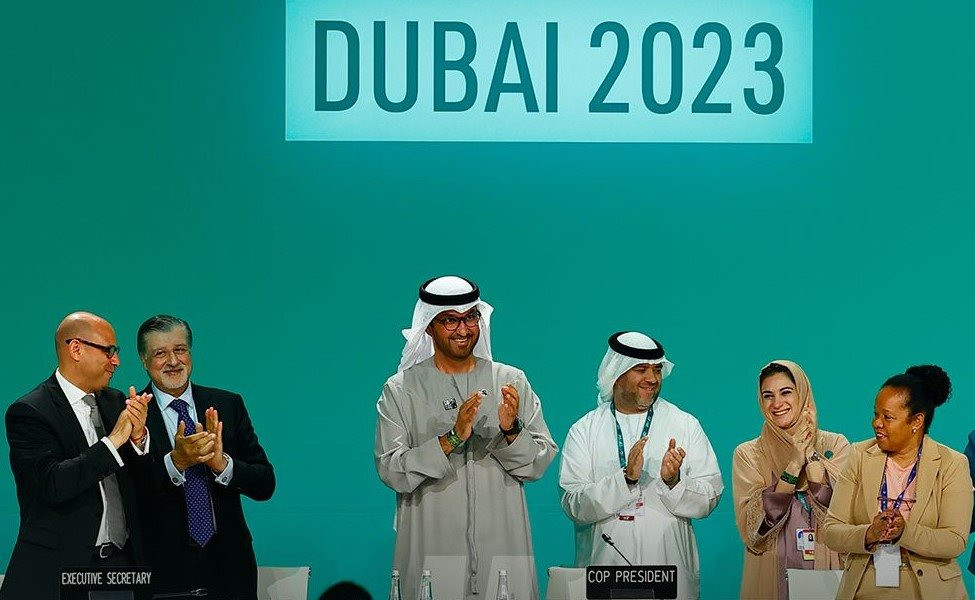
Secretary-General of the United Nations Framework Convention on Climate Change (UNFCCC), Mr. Simon Stiell emphasized: All governments and businesses need to turn their commitments into results on the ground right now. In the crucial years ahead, the determination of the Parties will be the most important driving force.
The first Global Assessment of Efforts (GTS) decision is considered the most important outcome of COP28. The GST covers all the elements under negotiation and can be used by countries to put forward stronger climate action plans for the period before 2030 - with the overarching goal of limiting global temperature rise to no more than 1.5°C by the end of the century compared to pre-industrial levels.
Speaking at the meeting, US President's Special Envoy for Climate Change John Kerry said: GST has sent a strong message to the world about the need to maintain the 1.5 degree Celsius target, and the next updated Nationally Determined Contributions (NDCs) of countries must be consistent with this target. Specifically, the orientation is to triple renewable energy; double energy efficiency, accelerate efforts towards gradually reducing coal-fired power plants that do not apply emission reduction measures. "For the first time in history, there is a decision to shift from coal to clean energy, in line with the goals of the Paris Agreement on climate change" - Mr. John Kerry expressed and emphasized that climate finance needs policies, supporting partners, developing countries to have a climate-resilient and sustainable future.
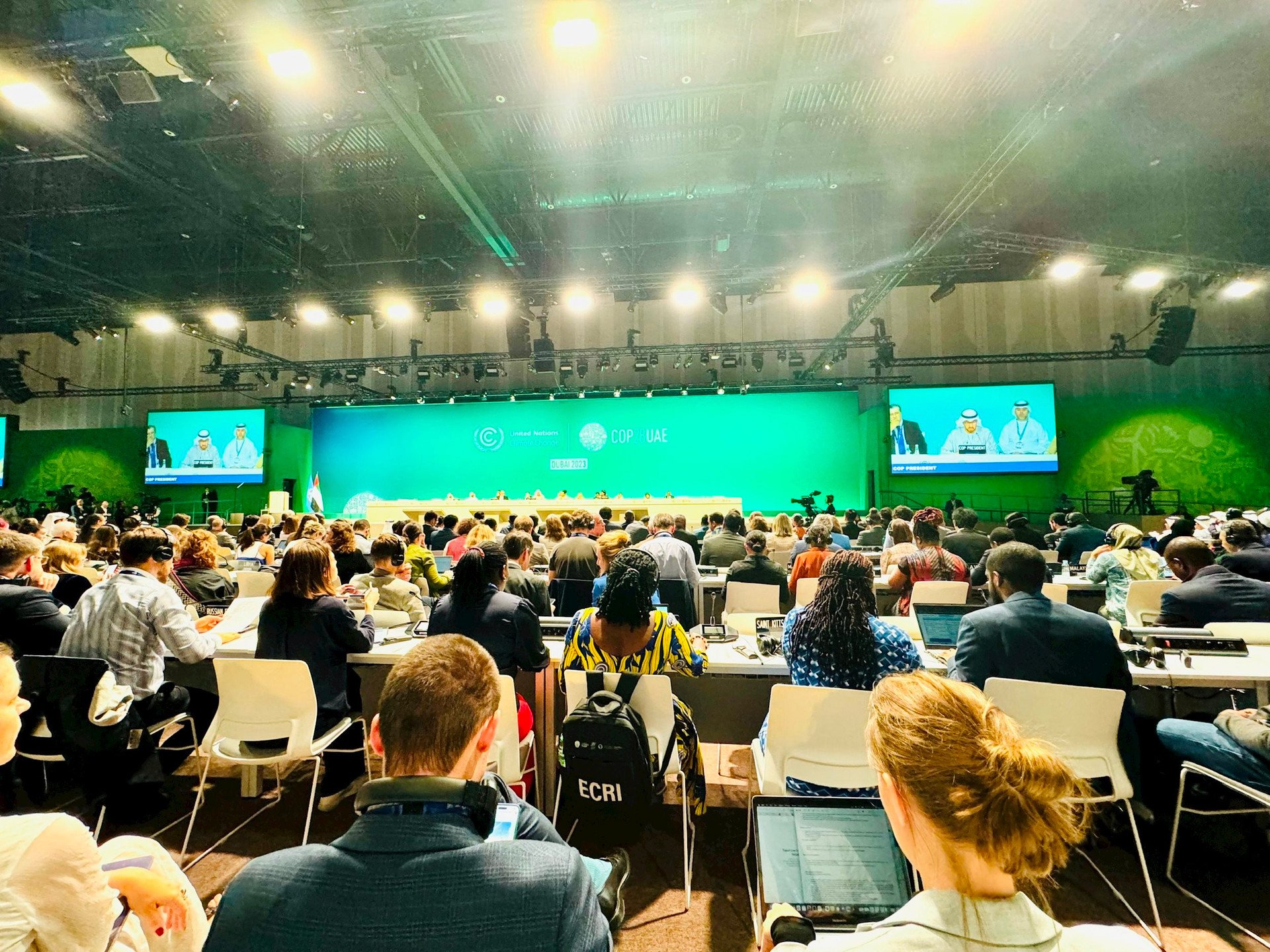
Global greenhouse gas emissions need to be cut by 43% by 2030, compared to 2019 levels, to limit global warming to 1.5°C, a scientific report shows.
In the short term, Parties should set ambitious, economy-wide emission reduction targets, covering all GHGs, sectors and categories and consistent with the 1.5°C limit, when submitting their NDCs in 2025 for the period up to 2035.
On the loss and damage fund, the Parties reached a historic agreement on the operation of the loss and damage fund on the first day of the Conference. To date, the Parties have committed a total of more than US$700 million to the Fund.
On the global adaptation target, the Parties agreed on the global adaptation objectives (GGA), which reflect the need for financial support, technology and capacity building to achieve the target.
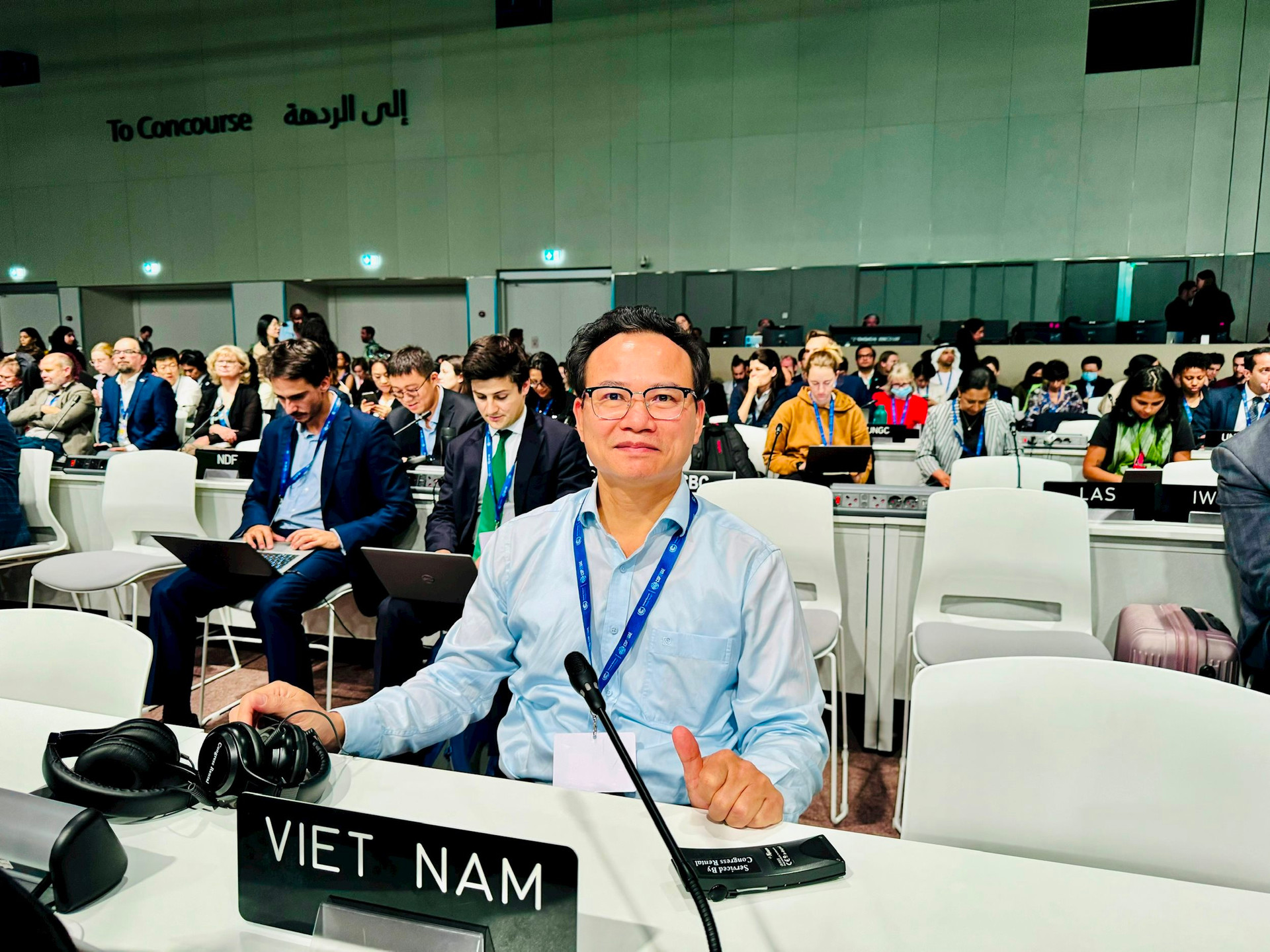
Regarding climate finance - one of the important contents of the conference, the Green Climate Fund (GCF) received a record total new funding commitment at COP28, up to 12.8 billion USD from 31 countries, and there are still expected contributions.
Eight governments announced new commitments to the Least Developed Countries Fund and the Special Climate Change Fund totaling more than $174 million. Meanwhile, new financial commitments to the Adaptation Fund were nearly $188 million.
On climate empowerment and gender action plans, the Parties further re-emphasized the essential role of empowering all stakeholders to participate in climate action; in particular through the climate empowerment action plan and the gender action plan.
Negotiations on the “enhanced transparency framework” at COP28 laid the foundation for a new era in the implementation of the Paris Agreement. The UNFCCC introduced and tested transparency reporting and assessment tools at COP28. The final versions will be made available to Parties in June 2024.
Source




![[Photo] Closing of the 11th Conference of the 13th Central Committee of the Communist Party of Vietnam](https://vstatic.vietnam.vn/vietnam/resource/IMAGE/2025/4/12/114b57fe6e9b4814a5ddfacf6dfe5b7f)

![[Photo] Overcoming all difficulties, speeding up construction progress of Hoa Binh Hydropower Plant Expansion Project](https://vstatic.vietnam.vn/vietnam/resource/IMAGE/2025/4/12/bff04b551e98484c84d74c8faa3526e0)



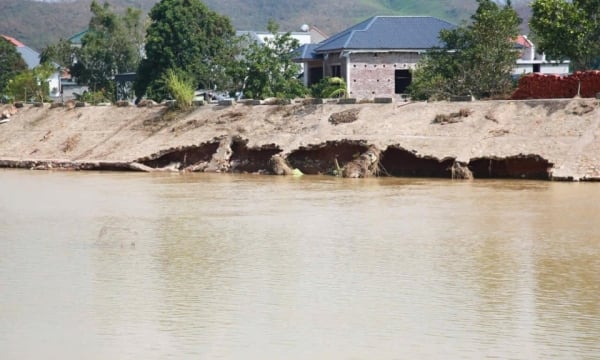
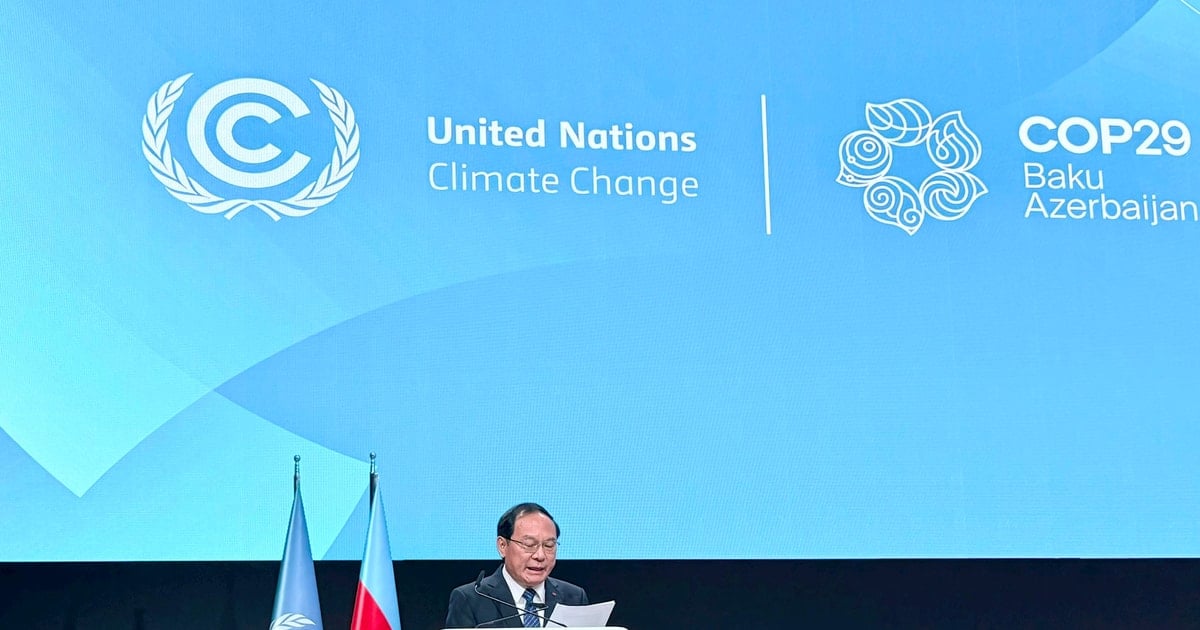


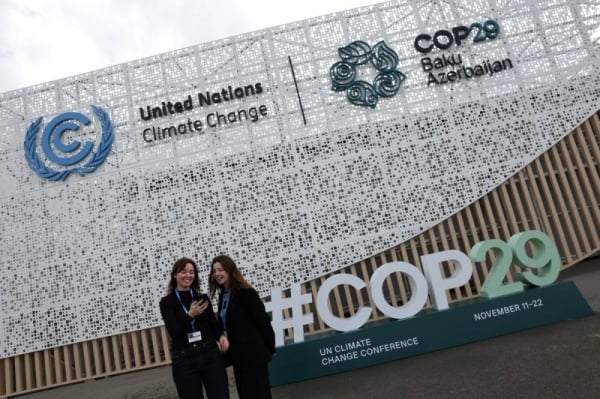





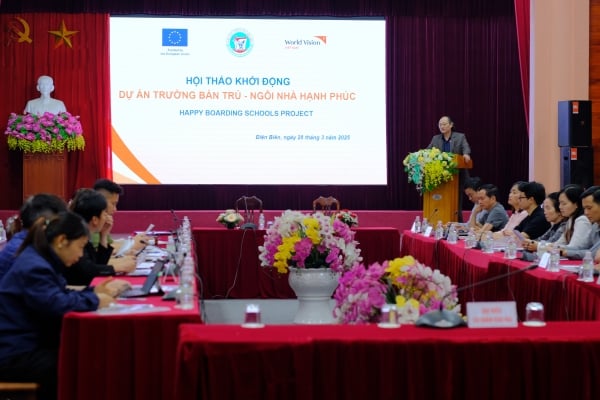











































































Comment (0)